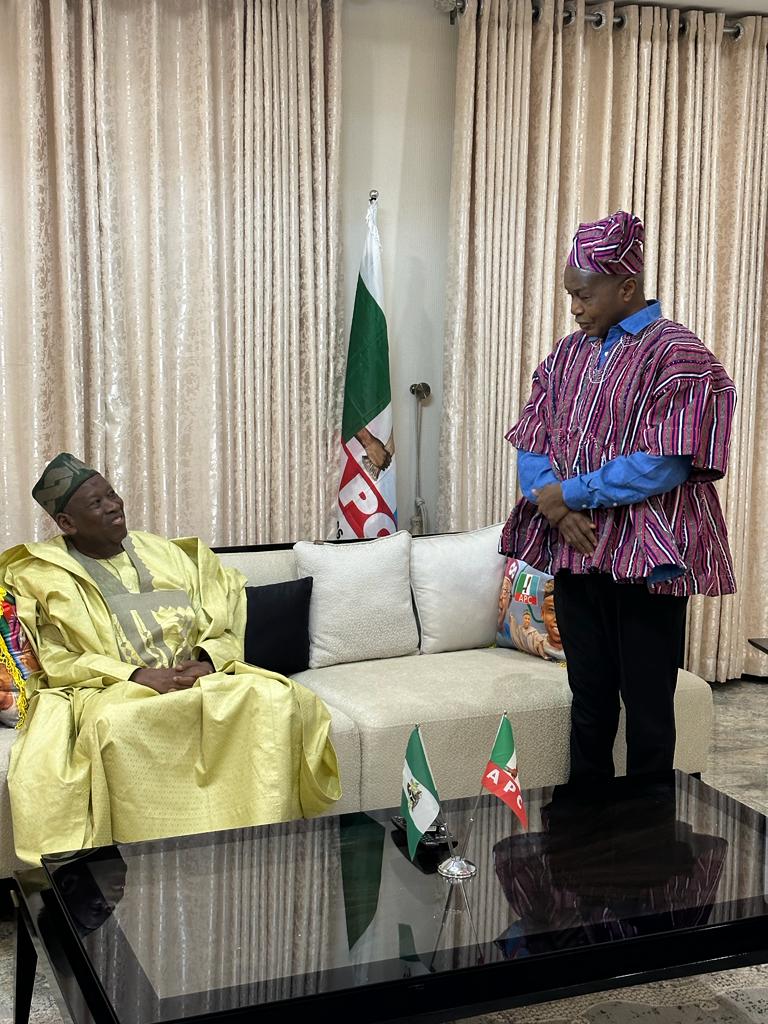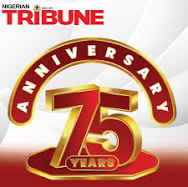Editorial
The media and the state of the nation

In modern day governance across the world, the issue of Good Governance has taken the front burner as an essential requirement for social, economic and political developments. However, good governance has continued to be elusive to most countries including Nigeria.
Interestingly, in its bid to ensure good governance, Nigeria had in the 1999 Nigerian constitution in Section 16 (1) a, b, c, and d, and Section 16 (2) entrenched some of the principles of Good Governance as a possible criteria for governance in the country.

Despite these constitutional provisions and the huge financial resources expended by successive governments, good governance continues to elude Nigeria. Other efforts have been put in place to enthrone Good Governance in the country. It would be recalled that not too long ago, Good Governance tours were organized where some officials of the federal ministry of information and some Journalists from various media outfits, traveled around the country to evaluate projects executed by the different agencies of federal and state governments.
The aim of that tour was for the media to assess the performances or otherwise of elected public office holders at various tiers of governments. Section 22 of Nigerian constitution made provision for such an exercise where it stated inter alia; “The press, radio, television and other agencies of the mass media shall at all times be free to uphold the fundamental objectives contained in this chapter and uphold the responsibility and accountability of the government to the people”
It is sad that the Buhari administration which rode to power on massive goodwill in 2015 has squandered almost all that goodwill largely due its inability to contain most of the challenges that has held Nigeria from soaring and attaining its potential.

Today, the nation is at a crossroad. Its democracy is still tottering and fragile, its economy is in comatose and the general well being of the nation is being threatened by the worst insecurity of our lifetime. All these factors and some more have brought this great nation to its knees as it gasps for breath.
The general mood of Nigerians is that of anger, depression, hopelessness and fear. From all indications, the Buhari administration is overwhelmed and unable to fulfill its primary responsibilities, which includes protecting and securing the lives and properties of the people of this country. Presently, Nigeria is drifting dangerously in murky waters. If nothing is done fast to steer it to the coast, the country might end up in the worst circumstances that may change its fortunes forever.
According to Henry Grunwald (former editor TIME magazine) “Journalism can never be silent: that is its greatest virtue and its greatest fault. It must speak, and speak immediately, while the echoes of wonder, the claims of triumph and the signs of horror are still in the air.”
While foreign based media outlets should be commended for their objective coverage of what is happening in the country, local media organizations with a few notable exceptions seem fatigued and are accepting the present state of the nation as the new normal.
The media over the years has been globally acknowledged as the watchdog of the society and its information/monitoring roles considered a sine qua non for democracy and good governance. Nigeria like most other democratic countries entrenched the principles of Good Governance as possible criteria for democratic governance in her 1999 constitution.
However, despite this constitutional provision as well as the enormous financial resources and huge potentials of the country, good governance continues to be elusive to Nigeria. The media in the country must reawaken with a renewed vigour to its responsibilities and ensure that the country is steered back to the path of peace and prosperity.
Our political leaders and all those who are saddled with responsibilities that are directly or indirectly connected with the well being of this country and its people should not only be reminded of the need to live up to expectation by doing the needful, but should be held accountable for laxities and failures. The media must consistently be effective at the task of exposing corrupt leaders. It must expose all activities that can place a wedge on the wheel of the progress of Nigeria.
The potential of the media in Nigeria to contribute to Good Governance depends on the extent that it reflects and enforces the principles of good governance as an institution. For the media to contribute effectively in enthroning good governance, it must as a matter of responsibility apply the basic principles of patriotism, accountability, transparency and objectivity in the discharge of its duties and uphold the sanctity of truth and fairness at all times.
The Nigerian media have been in the vanguard for the promotion and sustenance of the democracy we now have in the country. At this point, the media in Nigeria need to take up the responsibility of adequately engendering better governance in our democratic polity.
As the institution mandated to hold those in governance and leadership positions accountable, the Nigerian media can effectively achieve its mandate if it applies the basic principles of patriotism, accountability, transparency and objectivity in the discharge of its duties.

























